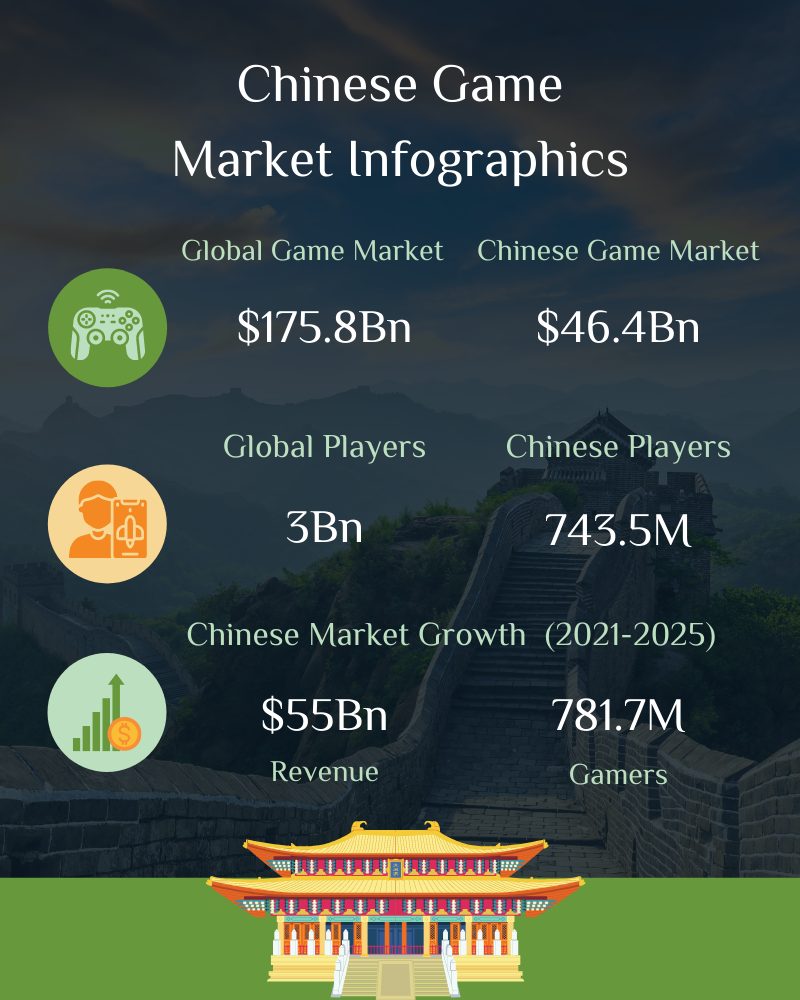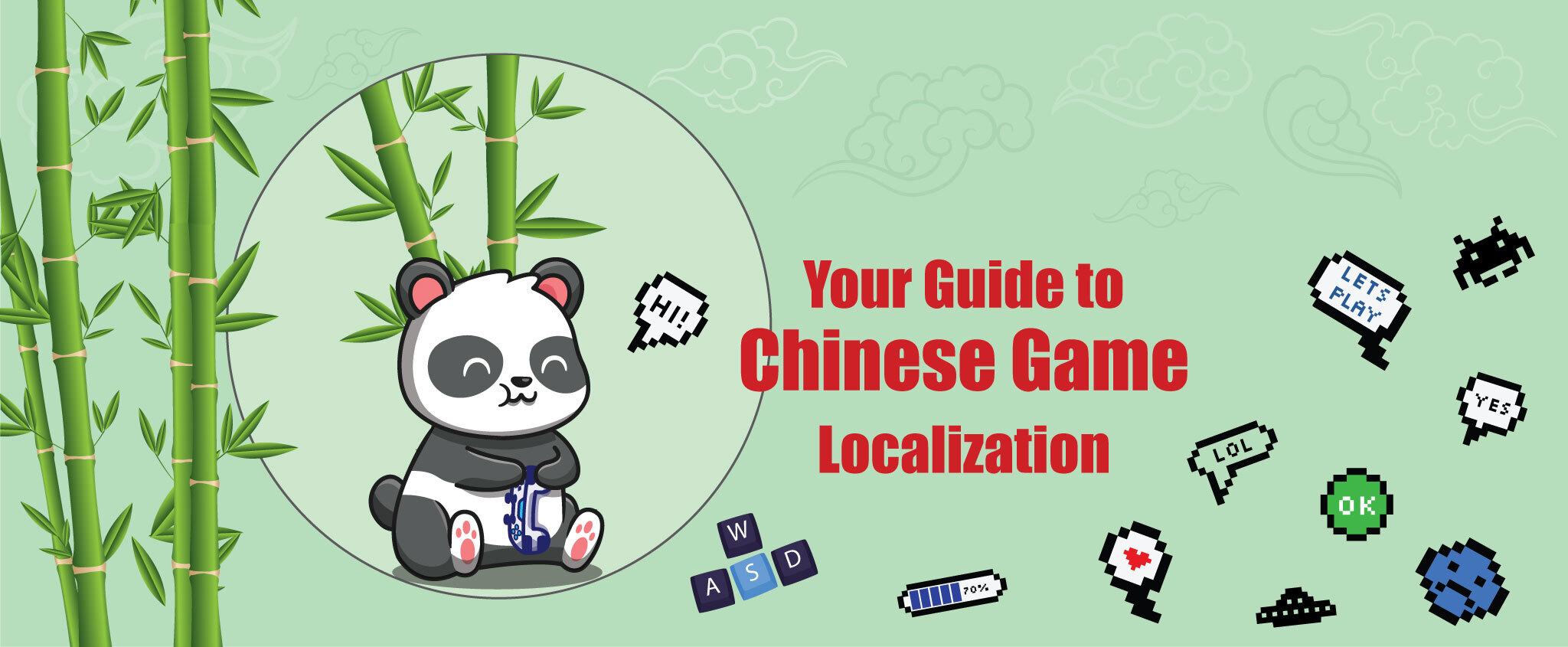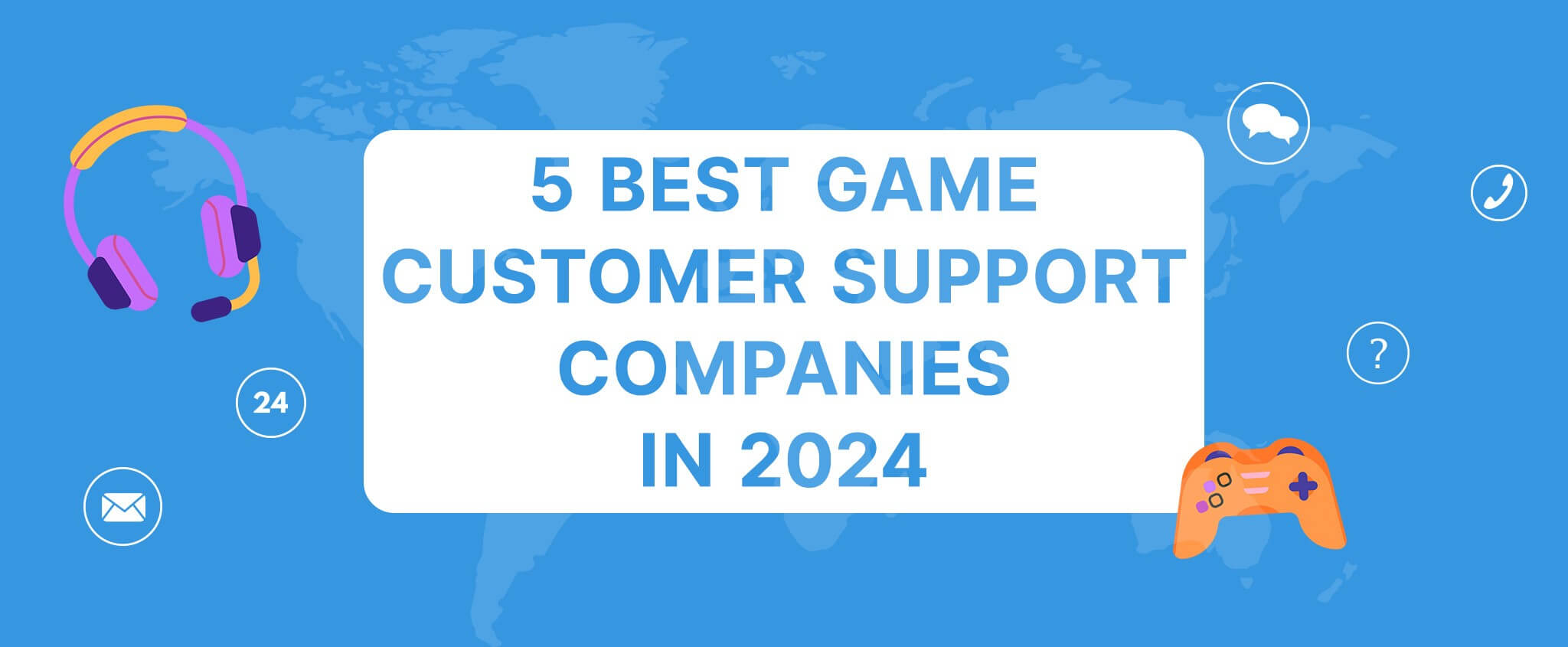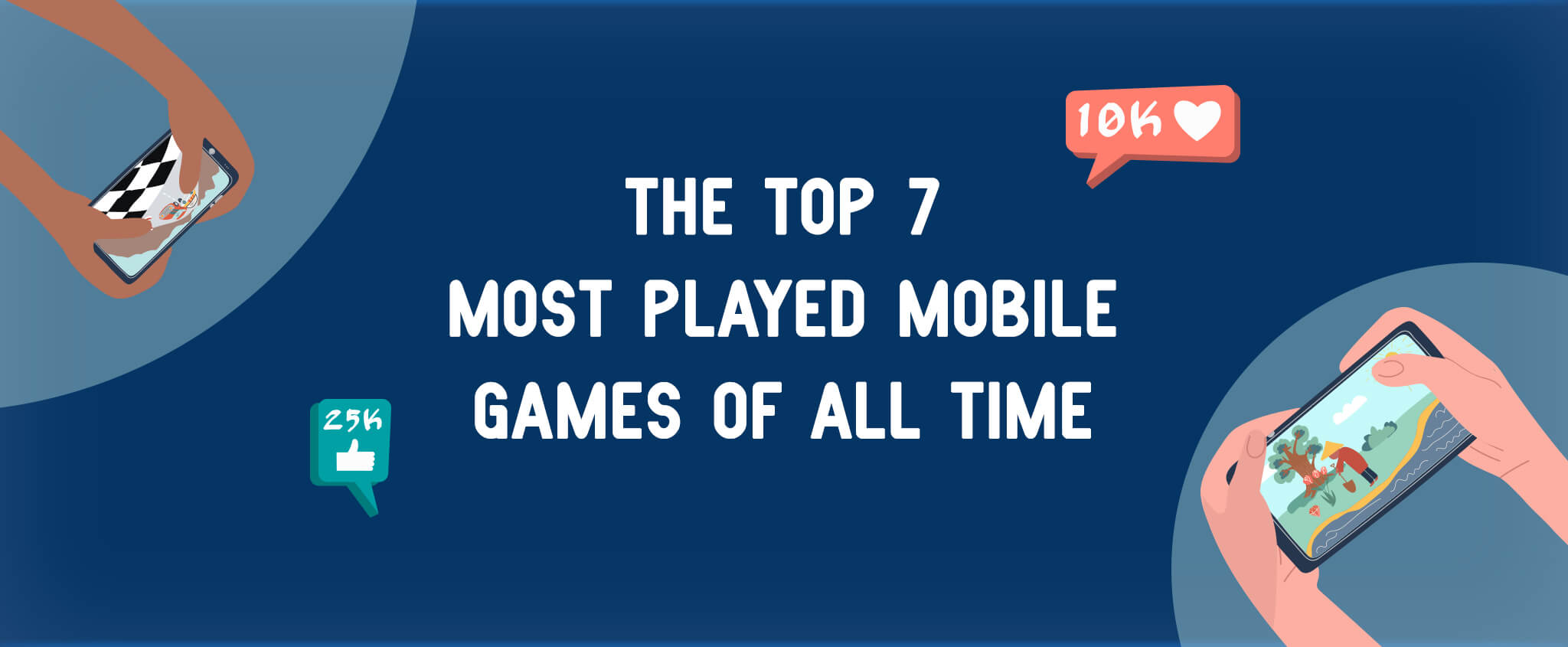Your Guide to Chinese Game Localization
Genshin Impact, Mobile Legends: Bang Bang, Call of Duty, and a lot more. These are just some of the biggest games developed in China. Yes, these games are what you are currently playing with other players across the globe!
China’s influence on different industries worldwide includes gaming. Many of the current top computer and mobile games were developed in the country, reaching billions of players globally. Of course, the popularity of these games is made possible by translation and localization.
Understanding the Chinese game market and its sales and revenue is vital to answer the big question: Do you need Chinese game localization?
The Chinese Game Market
Recently, the Chinese government has issued regulations on allowing minors a three-hour window for playing video games per week. The Chinese youth are now only allowed to play games between 8 p.m. and 9 p.m. on weekends and public holidays. What does this strict regulation say about the Chinese game market? China’s gaming market is built on highly compelling games.
With over 720 million gamers, China plays an average of 12.4 hours per week. According to Limelight Networks, this exceeds the global average of 8.5 hours per week. Despite the decrease in the industry’s value following the issue with the youth’s gaming habits, the country reached a revenue of 278.7 billion yuan in 2020.
China’s gaming companies continuously diversify their games. Tencent, the country’s biggest gaming company, is known for developing the world’s most popular games. They started with QQ Tang (QQ堂) in 2004, followed by its variant games Dungeon Fighter Online, Q.Q. Fantasy, Xunxian, and more. The company also hosted online multiplayer games in 2011, including Call of Duty Online and League of Legends.
Apart from Chinese P.C. and mobile games, gaming companies also invest in foreign gaming. Tencent, for example, has invested in non-Chinese game publishers and developers since the 2010s. The list includes U.S.’ Riot Games and Epic Games, Japan’s Pocket Gems and Marvelous, and U.K.’s Frontier Developments and Sumo Group.
Chinese game localization plays a big part in the country’s industry. In fact, its impact is evident in the current gaming world. More and more Chinese games enter different markets, and other countries also reach the Chinese game market.

Chinese Mobile Gaming Industry
China has over 682 million mobile gamers, making the Chinese mobile gaming industry the biggest in the world. The local mobile gaming revenue rose to $29.2 billion in 2020, reaching its highest annual growth since 2017.
Gaming companies are eyeing the pandemic to influence the changes in gamer behavior, spend, and engagement. The growth of the Chinese mobile gaming industry becomes an opportunity for gaming companies to enter more markets.
This is where Chinese game localization also comes in. As the number of mobile game players rises, the need for mobile game localization also becomes more critical. Whether it is game localization into Chinese or another language, a game localization company can maximize the industry’s potential.
Chinese and Western Gaming Culture
China also exceeds the U.S. average of playing 7.7 hours per week. Still, the two markets contribute to the global gaming industry. How is it possible to introduce a Chinese game to Western markets? It is helpful to know the differences between Chinese and western gamers.
There are not many gender and age differences in Chinese gamers. They are also more driven by competition and completion. These aspects can determine which games become a hit in the Chinese or western gaming markets.
It is important to note that many Chinese gamers enjoy shooting and multiplayer online battle arena (MOBA) games, such as PUBG and King of Glory. Some other Chinese games that topped in overseas markets are SLG (Strategy games)’s Rise of Kingdoms, Lilith’s AFK Arena, NetEase’s Knives Out, and the mobile version of Call of Duty. Moreover, there are also Chinese steam games that have already reached the western gaming audience.
Through a game localization company’s translation from Chinese to English and game localization into Chinese, both markets make more games available to gamers worldwide. There are some benefits of using Chinese business translation.
Translation and Localization of Chinese Games
Should you localize your game from Chinese? Yes. Should you go for game localization in Chinese? Yes! Chinese game localization proves to be a big move for gaming companies. The enormous Chinese gaming market is waiting for more diverse games, and the rest of the world is also eyeing more engrossing Chinese games.
Though Chinese game localization comes with many challenges, it is possible to bring your Chinese game to other markets and vice versa. Like in any other translations and localization, context is king. Grammatical structures must always be considered to avoid problems, especially in gender and word forms and usage. This is also important when it comes to game plots that involve Western and Chinese mythology. Context is important in carrying over the culture from one language to another.
Localization and translation are crucial, especially for culture-heavy content. Understanding the ambiguity of Chinese characters is also key to successful games. The end product must retain even the tricky settings, terms, and names.
The same applies to translating the in-game text into Chinese. And UI-wise, one must make sure that the translation fits into the game’s original design.
It is easy and fun to play a game, but a lot of its success comes from localization and translation. Gamers will not succeed in games developed by other countries if they are not available in their language. And with the robust Chinese game market, Chinese game localization can bring more to the global gaming industry.
CCCI – Professional Chinese Game Localization and Translation
At CCCI, we know that quality game localization is the gateway to the international gaming industry. We provide desktop, mobile, browser, and console games localization and customer support in 30+ languages around the U.S., Europe, and Asia.
Our team has been working with top Chinese game companies for over a decade. Our expertise in game localization helps game companies to reach different gaming markets worldwide. Separate from our general and specialized translations, we do game localization and translation with creativity and high standards.
Check also – Expand Your Mobile Game Into MENA, Arabic Video Game Customer Support, Japanese game localization.






